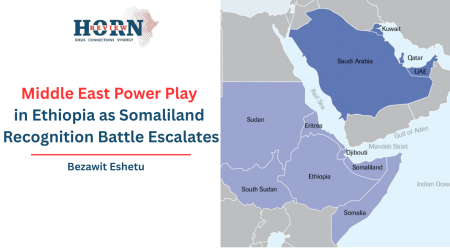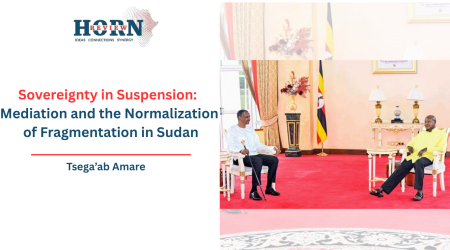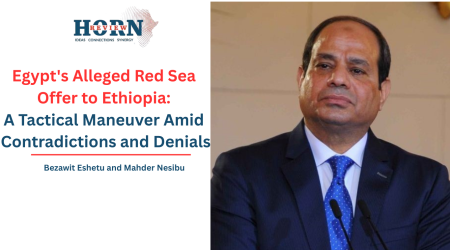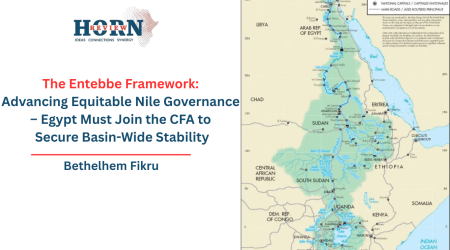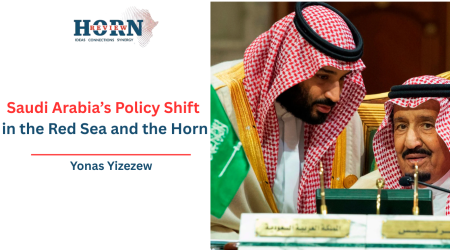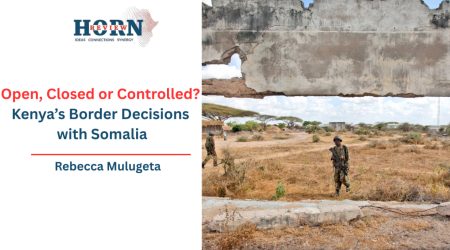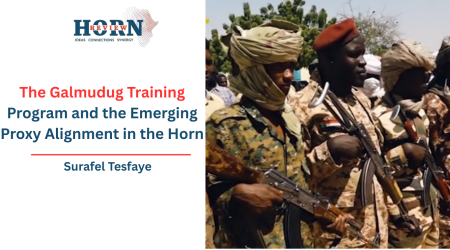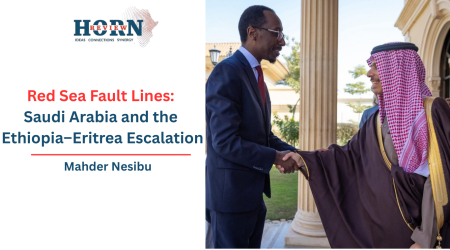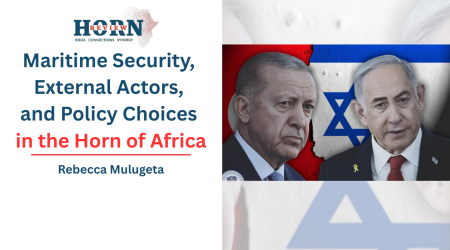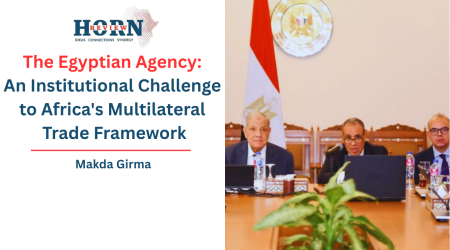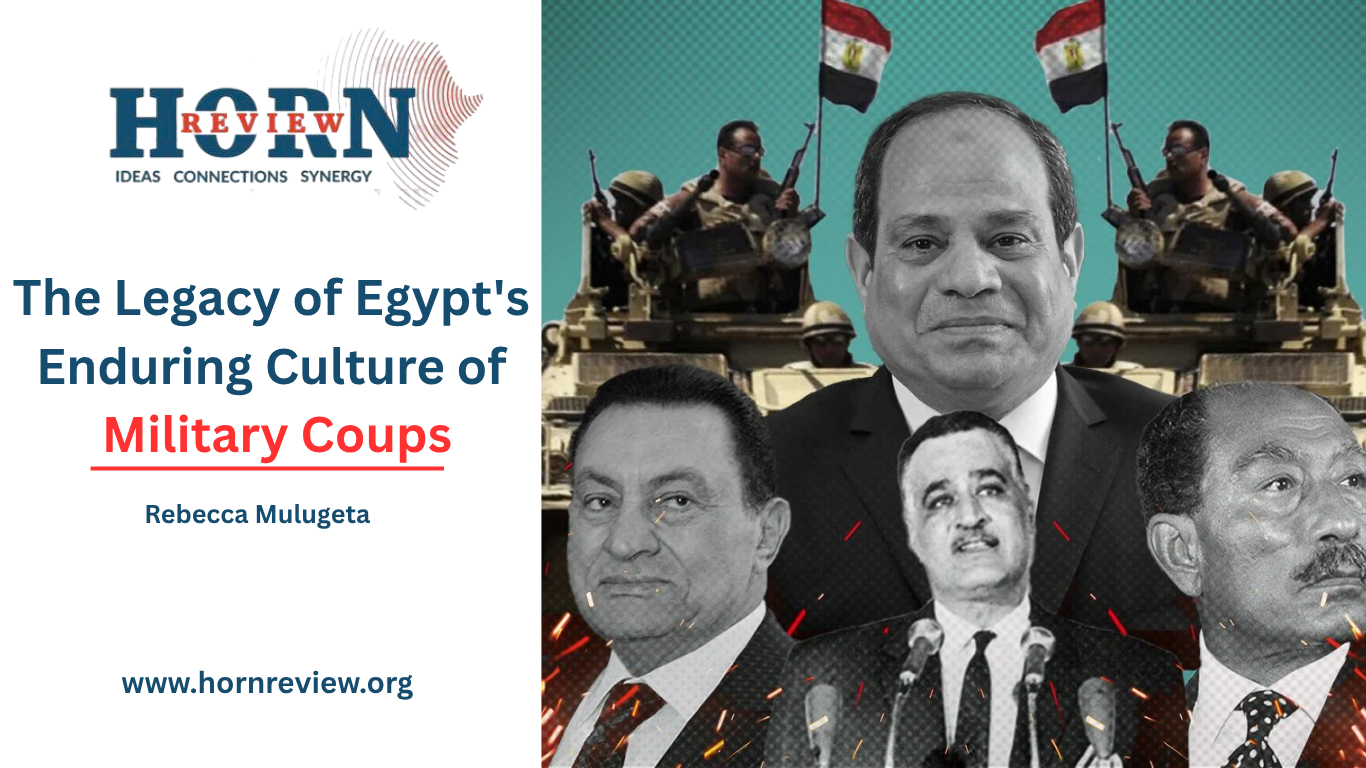
6
Nov
The Legacy of Egypt’s Enduring Culture of Military Coups
Since the mid-twentieth century, Egypt has stood at the centre of the Arab world’s political transformations. Among its many legacies, none has been as influential or as enduring as the military’s role as the ultimate arbiter of power. From the 1952 revolution that brought Gamal Abdel Nasser to prominence to the 2013 ouster of Mohamed Morsi, the Egyptian armed forces have shaped domestic politics, regional balances, and conceptions of legitimacy across the Arab and African worlds. The Egyptian experience reflects a broader pattern in which militaries emerged as engines of modernization, nationalism, and regime continuity, producing a political order that privileges stability and state cohesion over representative governance.
Egypt’s modern political order was born out of the Free Officers’ coup of July 1952, when a generation of young officers, disillusioned by corruption, foreign interference, and the monarchy’s inability to secure sovereignty, overthrew King Farouk and declared a republic. This was more than the replacement of a ruler; it was a structural realignment that placed the army at the centre of political authority. Under Nasser, the armed forces were not confined to military functions, for they became the ideological vanguard of a revolutionary project that fused national independence with social reform and state-building. The regime institutionalized military participation in every sphere of governance, integrating officers into the bureaucracy and economy, while dissolving political parties and curtailing civilian influence. The new republic elevated discipline, unity, and nationalism as the moral foundations of the state, consolidating the armed forces as guarantors of Egypt’s stability and identity.
By the 1960s, Egypt had transformed its army from a battlefield institution into a governing class that managed politics, policy, and production. The presidency, parliament, and administrative machinery operated within a single security-centred framework, erasing the distinction between civilian oversight and military command. The presidencies of Anwar Sadat and Hosni Mubarak maintained this equilibrium, ensuring that the military’s prerogatives remained untouched even as economic reforms and limited political openings were introduced. The armed forces controlled vast sectors of the economy, oversaw major infrastructure and industrial projects, and retained a decisive voice in questions of national policy. In this configuration, legitimacy derived from the state’s claim to preserve security and cohesion rather than from democratic participation or institutional pluralism.
The popular uprising of 2011 momentarily disrupted this long-standing order. Millions of Egyptians called for accountability, transparency, and civilian rule, signalling a rare convergence between social mobilization and democratic aspiration. Yet within two years, the military reasserted its authority. In July 2013, Abdel Fattah el-Sisi removed the elected president, suspended the constitution, and restored a system centred on military dominance. The event reaffirmed the armed forces’ self-perception as custodians of the state, entrusted with intervening whenever civilian politics appeared to threaten national stability. In the years that followed, the military’s economic and political reach deepened further, as it consolidated control over public enterprises, civil institutions, and regulatory frameworks, embedding security logic into the core of governance.
The Egyptian revolution of 1952 reverberated across the Arab world and became a reference point for subsequent military interventions that claimed to modernize society and defend national sovereignty. In Syria, Iraq, Libya, and Yemen, armies followed Egypt’s example, overthrowing monarchies and establishing republics defined by military-led nationalist leadership. Cairo’s influence was amplified through its ideological projection of pan-Arabism, its leadership in the Non-Aligned Movement, and its support for liberation and reform movements. Nasser’s charisma, Egypt’s control over regional media, and its command of symbolic legitimacy gave the Egyptian model a formative power that reshaped political imagination across the Middle East. The idea that the army embodied national authenticity while civilian elites embodied corruption and dependency became deeply entrenched, providing recurring justification for military takeovers throughout the region.
Yet the stability produced by this model proved fragile. By elevating order over participation, it entrenched authoritarian systems that suppressed pluralism and delayed institutional maturity. When the Arab uprisings erupted in 2011, they challenged this paradigm by demanding civilian rule and constitutional accountability. However, the Egyptian coup of 2013 signalled the endurance of the older logic: when political equilibrium falters, the military restores what it defines as normalcy. This pattern continues to characterize the Arab world’s oscillation between reformist aspirations and the persistence of military guardianship.
The influence of Egypt’s coup extended beyond the Arab world into Africa, where newly independent states faced similar struggles to reconcile sovereignty with institutional fragility. During the 1950s and 1960s, Egypt projected itself as both a revolutionary model and a continental ally, offering ideological and material support to nationalist movements. Through its radio broadcasts, military training programs, and diplomatic engagement, Cairo disseminated the notion that the army could act as a progressive force for liberation and development. Across West and Central Africa, military officers invoked Egypt’s example to justify coups as instruments of renewal, presenting themselves as reformers correcting the failures of postcolonial civilian elites. Figures such as Ghana’s Jerry Rawlings and Nigeria’s military rulers drew upon a language of discipline, nationalism, and anti-corruption that echoed Nasser’s legacy.
Over time, however, Egypt’s own influence within Africa receded. Military setbacks, economic stagnation, and the inward focus of successive regimes weakened Cairo’s regional standing. While it retained symbolic authority as one of Africa’s largest states, Egypt’s strategic posture became increasingly defensive, preoccupied with preserving its domestic order and safeguarding Nile water interests. After the 2013 coup, this defensive orientation deepened further, limiting Egypt’s capacity for flexible diplomacy and reducing its influence in continental institutions. Analysts now characterize Egypt’s role as reactive rather than transformative, focused on security preservation rather than agenda setting. The paradox is that while Egypt’s military model inspired African officers to seize power in the name of reform, the long-term outcome has often been political rigidity, constrained economies, and cycles of authoritarian consolidation.
The structural parallels between Egypt and the Horn of Africa are striking. Both regions exhibit contested state formation, fragile civilian institutions, and a persistent tendency to equate governance with control. Egypt’s experience demonstrates that military power can consolidate sovereignty and restore order in moments of crisis, yet once it becomes entrenched as the principal foundation of authority, it constrains political evolution and reduces state adaptability. In countries where the army defines itself as the guardian of national unity, political reform is often perceived as a destabilizing risk rather than a necessary adjustment. Egypt’s trajectory also shows how security-centred governance narrows diplomatic options, producing rigid postures in regional disputes such as Nile negotiations, where strategic interests are pursued through coercive logic rather than cooperative frameworks.
For the Horn of Africa, the Egyptian experience offers both a model and a warning. It highlights the dangers of allowing militaries to assume permanent political functions and the importance of balancing national defense with participatory governance. Civilian oversight, institutional accountability, and diversified economic bases remain the principal safeguards against the consolidation of military dominance. A state whose authority rests primarily on coercive institutions may preserve order in the short term, yet it risks long-term stagnation, diplomatic isolation, and social disaffection.
Egypt’s culture of military coups, shaped by history and reinforced through ideology, stands as one of the defining features of modern Middle Eastern and African politics. The 1952 revolution established the military as both architect and guardian of the state, and the 2013 coup reaffirmed this order for a new century. Across both regions, Egypt’s legacy endures as a double-edged force: it inspired independence and state consolidation, yet it also institutionalized a tradition in which political legitimacy is secured by the gun rather than the ballot. The Egyptian experience remains an instructive reflection on how the quest for stability can generate durable control but limited transformation, reminding states across the Arab and African worlds that the strength of a nation ultimately depends less on the permanence of its soldiers than on the resilience of its institutions.
By Rebecca Mulugeta, Researcher, Horn Review

